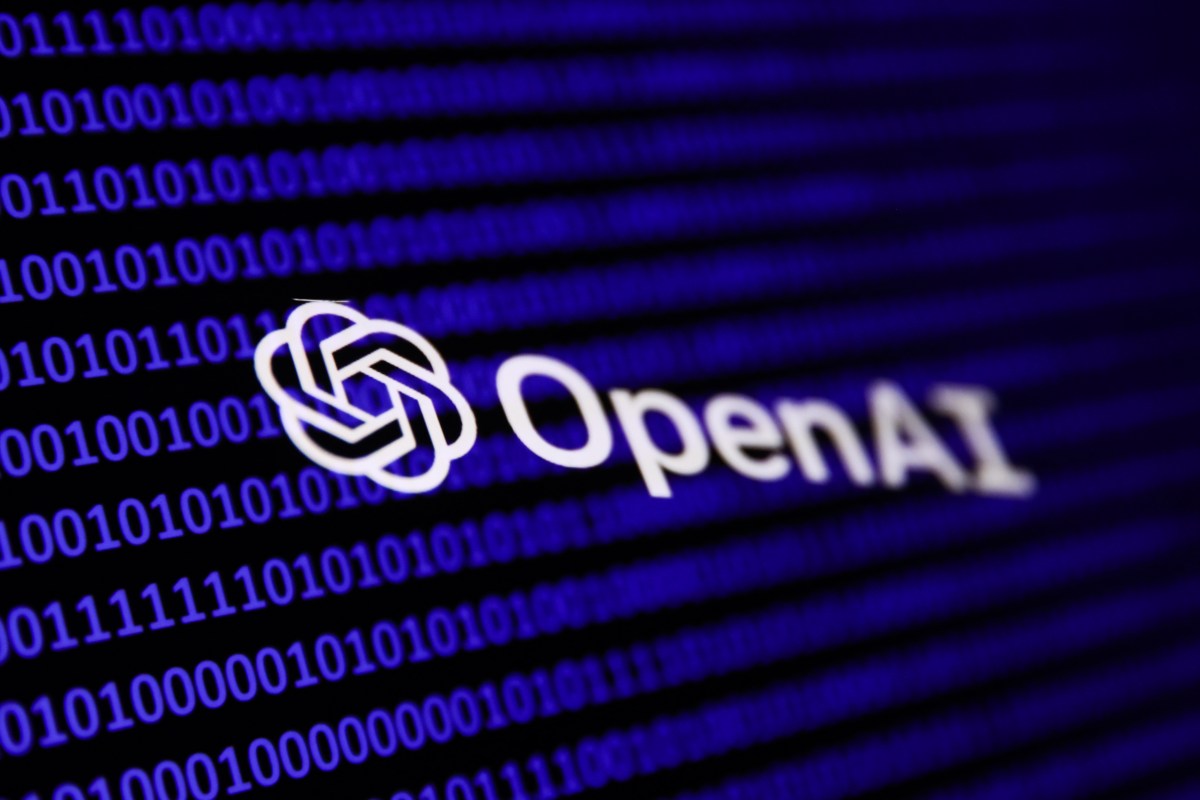OpenAI has announced the launch of a research preview of its most advanced AI coding agent, Codex, which promises to revolutionize the way software engineers work.
Codex is powered by codex-1, a customized version of OpenAI’s o3 AI reasoning model, specifically designed for software engineering tasks. According to OpenAI, codex-1 generates “cleaner” code, adheres more closely to instructions, and iteratively tests its code until it achieves passing results.
The Codex agent operates in a virtual sandbox environment in the cloud, allowing users to connect with their GitHub repositories. OpenAI claims that Codex can complete tasks such as writing simple features, fixing bugs, answering codebase questions, and running tests in anywhere from one to 30 minutes.
One of the key benefits of Codex is its ability to handle multiple software engineering tasks simultaneously, without limiting user access to their computer or browser. This enables developers to work efficiently and effectively, while Codex works in the background to complete assigned tasks.

Starting today, Codex will be available to subscribers of ChatGPT Pro, Enterprise, and Team, who will have “generous access” to the tool. However, in the coming weeks, OpenAI will implement rate limits, and users will have the option to purchase additional credits to use Codex.
OpenAI plans to expand access to Codex to ChatGPT Plus and Edu users soon, further increasing the tool’s reach and adoption.
The launch of Codex comes at a time when AI-powered coding tools are gaining popularity. CEOs of Google and Microsoft have reported that approximately 30% of their companies’ code is now written by AI. Other companies, such as Anthropic and Google, have also released their own AI coding tools, including Claude Code and Gemini Code Assist.
The demand for AI coding tools has led to significant growth in the industry, with companies like Cursor reaching annualized revenue of around $300 million and reportedly raising new funds at a $9 billion valuation. OpenAI is also looking to acquire a stake in the market, with its recent acquisition of Windsurf, a popular AI coding platform, for $3 billion.
Users with access to Codex can find the tool in ChatGPT’s sidebar and! assign new coding tasks by typing a prompt and clicking the “Code” button. They can also ask questions about their codebase and click the “Ask” button to receive answers.
In a briefing, OpenAI’s Agents Research Lead, Josh Tobin, stated that the company’s long-term goal is for its AI coding agents to act as “virtual teammates,” completing tasks autonomously that would take human engineers hours or even days to accomplish. OpenAI is already using Codex internally to offload repetitive tasks, scaffold new features, and draft documentation.

OpenAI Product Lead Alexander Embiricos noted that much of the safety
Source Link




